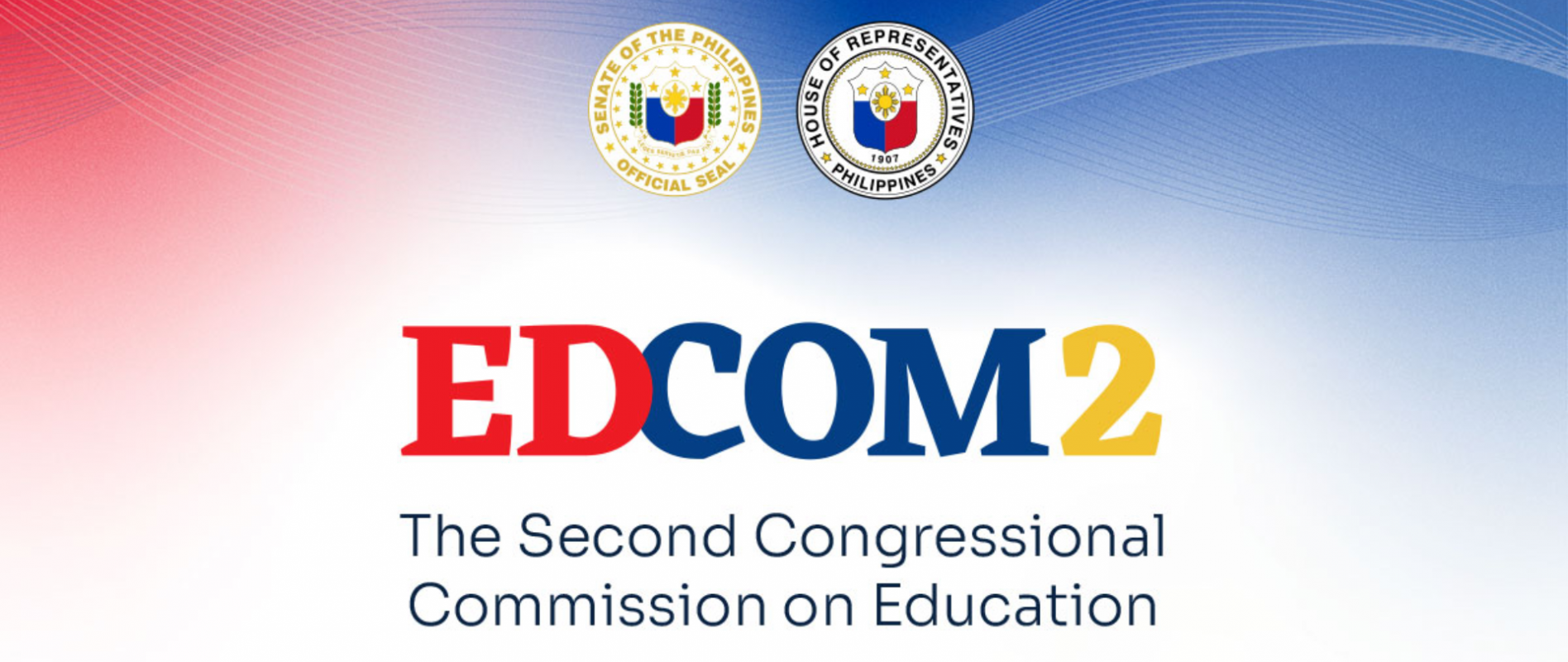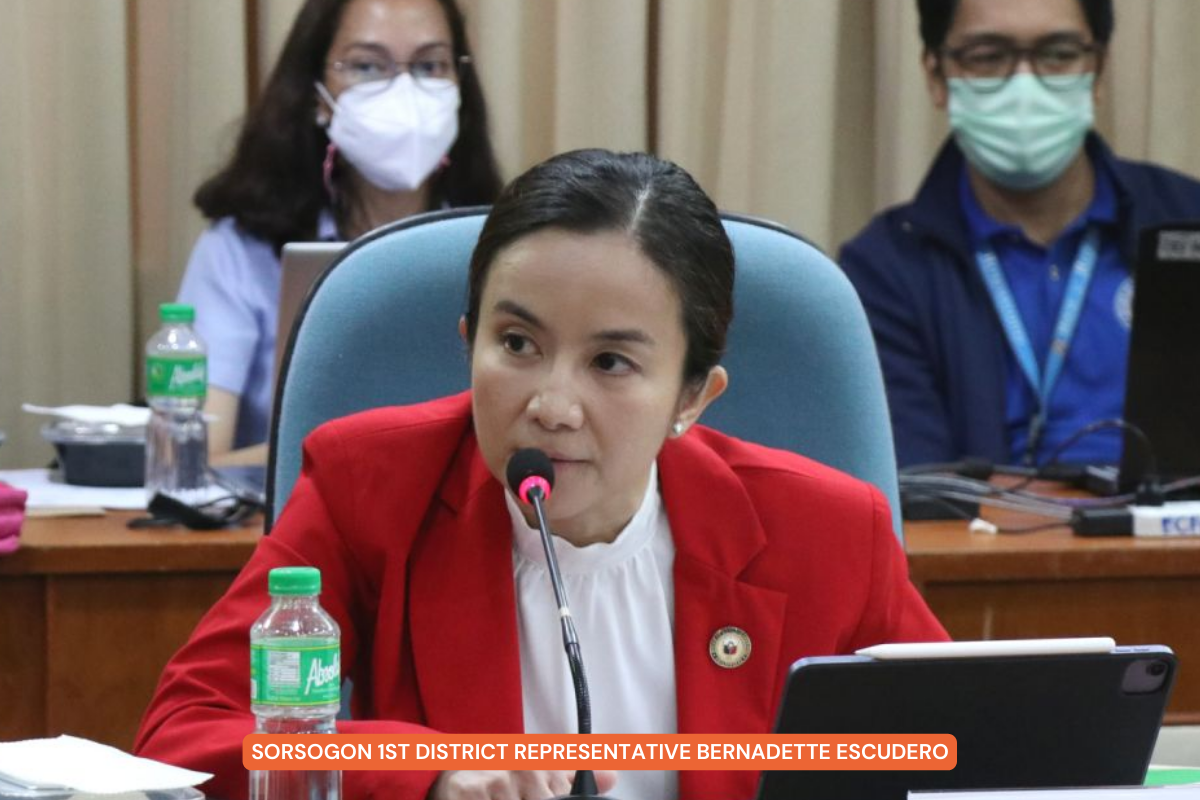EDCOM 2 URGES CHED TO CRACK DOWN ON DIPLOMA MILLS IN TEACHER EDUCATION PROGRAMS
THE SECOND Congressional Commission on Education (EDCOM 2) has called on the Commission on Higher Education to take swift and strict action to regulate graduate programs—especially in teacher education—amid concerns about the rise of diploma mills offering low-quality master’s and doctoral degrees.
The call followed a new EDCOM 2-commissioned study, Investigating the State of Graduate Education in the Philippines: Challenges, Opportunities, and Policy Implications, authored by Anne Lan K. Candelaria, Eric Arthur N. Dio, and Jovelyn G. Delosa under the Ateneo de Manila University Research Fellowship.
The study found that government hiring and promotion policies, particularly within the Department of Education, have unintentionally fueled the growth of low-quality graduate programs. Many educators pursue advanced degrees primarily to meet promotion requirements rather than to improve teaching quality, creating a diploma-for-promotion cycle.
CHED data analyzed in the report showed that more than half of the country’s graduate enrollment over the past decade has been in education-related programs.
Despite this, Filipino students continue to lag in international learning assessments such as TIMSS (Trends in International Mathematics and Science Study) and PISA (Programme for International Student Assessment).
“The situation has created an imbalance in producing graduates with specialized knowledge in fields like mathematics and the sciences—areas our public schools badly need,” the authors said.
The report also revealed low completion rates, with eight out of ten graduate students failing to finish within the prescribed period—two years for master’s programs and four years for doctoral programs.
Additionally, most specialized graduate programs are concentrated in private institutions in Metro Manila, making them inaccessible to educators in the regions, particularly those from low-income backgrounds.
EDCOM 2 Executive Director Dr. Karol Mark Yee said the findings have struck a chord with educators and the public, highlighting frustration over the transactional nature of the current system.
“There is a strong perception that pursuing advanced degrees has, at times, become merely a means to gain promotion points rather than to enhance teaching competence,” Yee said. “This is worsened by weak regulation, where low-quality or ‘fly-by-night’ schools offer degrees that count the same as those from top universities. This undermines professional development and calls for urgent systemic reform.”
To address these issues, EDCOM 2 is urging CHED to adopt a tiered regulatory framework for higher education institutions offering graduate programs—considering institutional capacity, program quality, and regional disparities rather than a one-size-fits-all policy.
The study also recommends that DepEd consider program quality in promotions, not just whether degrees are from CHED-recognized institutions. To ensure transparency, the report proposes that CHED regularly publish a “white list” of verified, high-quality graduate programs.
EDCOM 2 emphasized that addressing structural issues in graduate education is essential for developing human capital and achieving inclusive long-term growth.














